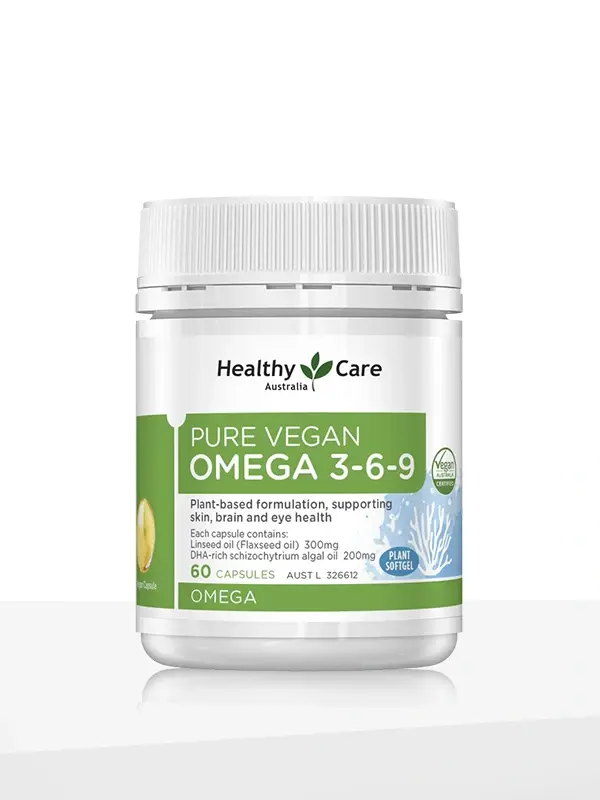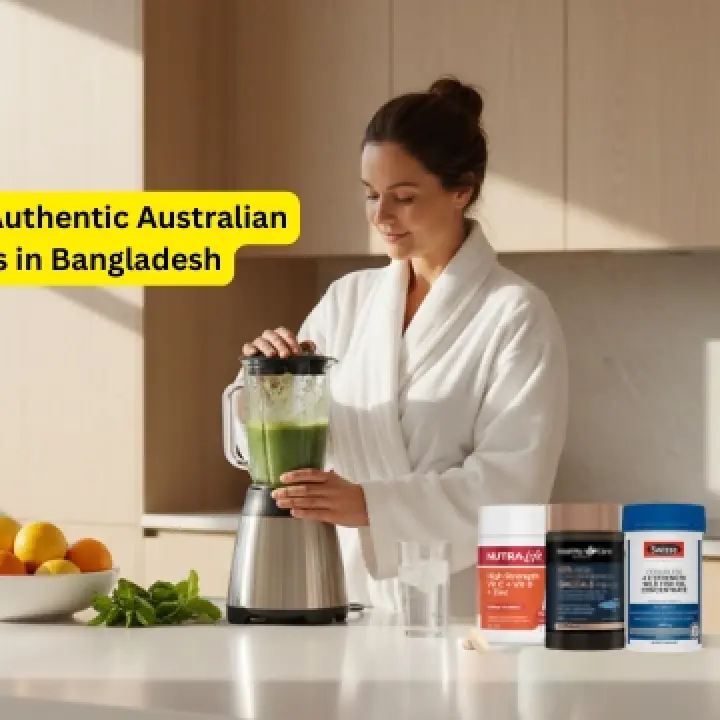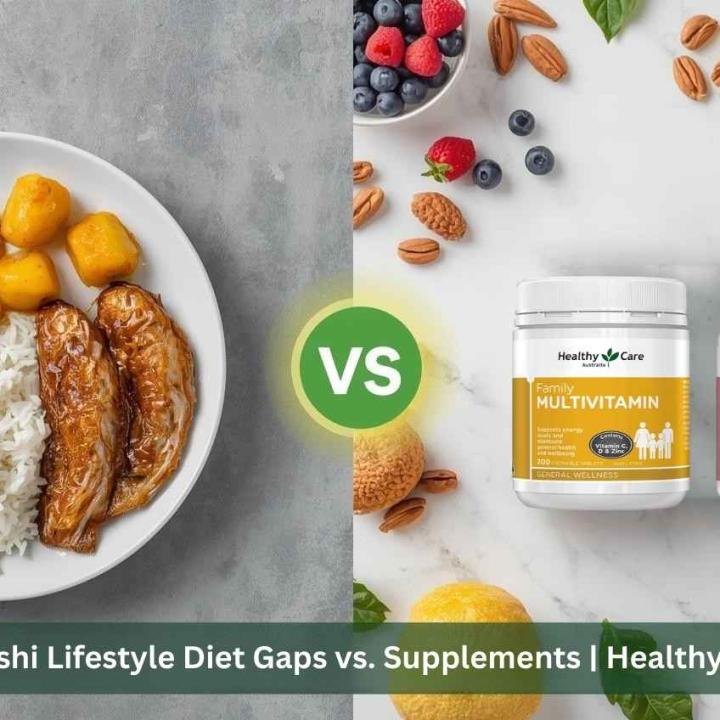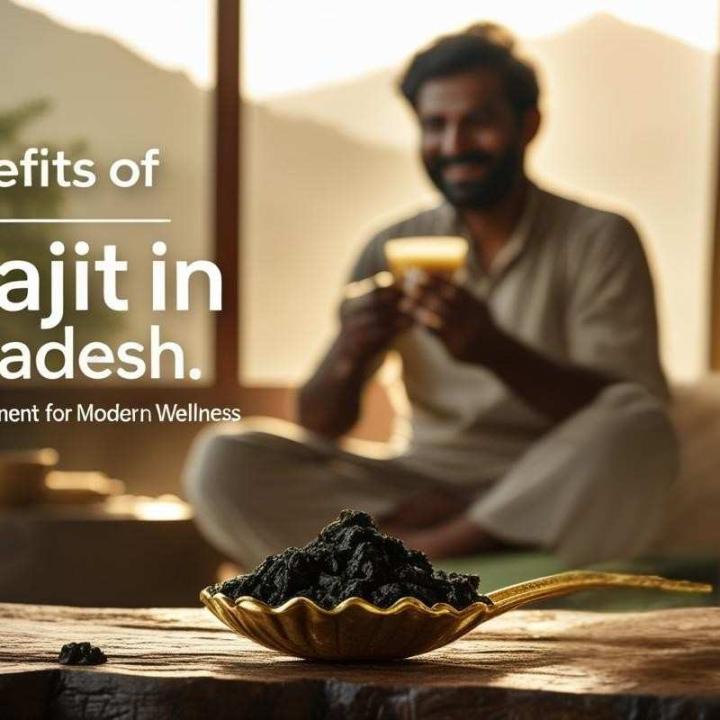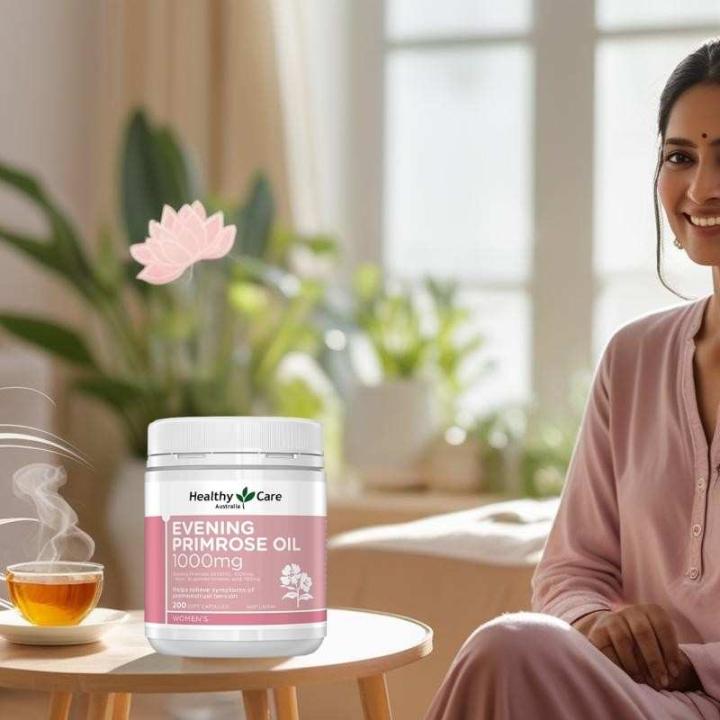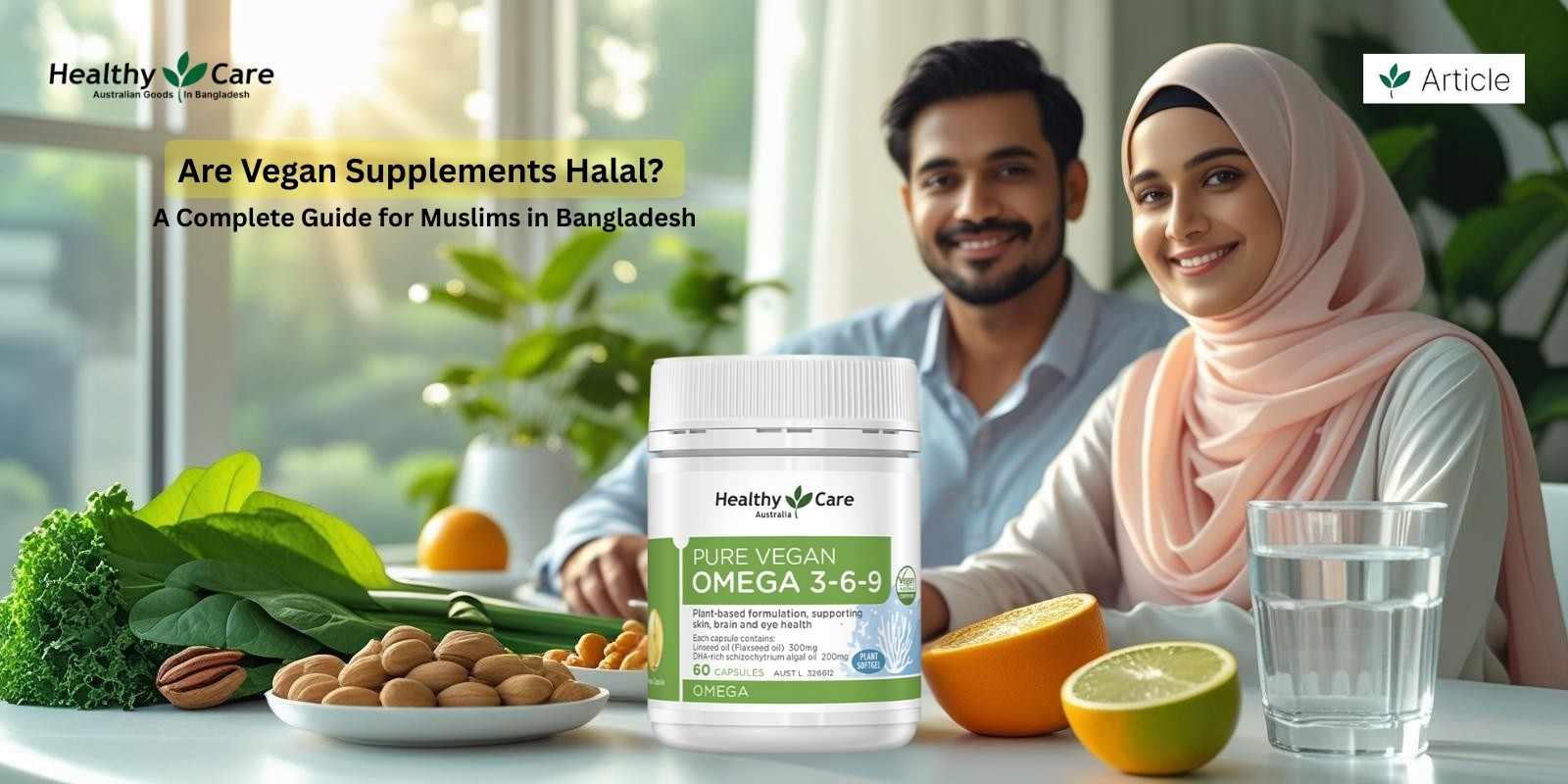
Are Vegan Supplements Halal? A Complete Guide for Muslims in Bangladesh
Introduction – Why This Question Matters
In Bangladesh, where 90%+ of the population is Muslim, halal certification is not just a dietary preference — it’s a matter of faith and trust. With the rising trend of plant-based lifestyles and vegan products, many consumers now ask:
👉 Are vegan supplements halal for Muslims in Bangladesh?
The short answer: Most vegan supplements are naturally halal but not all. Let’s explore why.
What Makes a Supplement Halal?
- 🚫 No pork or animal-derived gelatin in capsules.
- 🚫 No alcohol or haram additives in flavoring or preservatives.
- ✅ Plant-based or synthetic nutrients only.
- ✅ Certified by an authentic halal authority when possible.
💡 Vegan supplements already exclude animal ingredients, but checking halal certification is still important for complete assurance.
Are Vegan Supplements Automatically Halal?
- Yes, in most cases: Vegan supplements use plant-based oils, herbs, vitamins, and minerals, making them halal by nature.
- But be cautious: Some may be processed in facilities that also handle non-halal ingredients, or use non-halal capsules.
That’s why Muslim consumers in BD should always check labels for:
- 🏷️ “Vegan” or “Plant-Based” tag.
- 🕌 “Halal Certified” logo where available.
- 📦 Authentic importer stickers in Bangladesh.
Halal vs Vegan vs Regular Supplements in Bangladesh – Quick Comparison
| Feature | Regular Supplements | Vegan Supplements | Halal Supplements |
|---|---|---|---|
| Source | May include animal ingredients (gelatin, fish oil, bovine collagen) | 100% plant-based, no animal derivatives | Can be plant-based or animal-based, but processed according to halal rules |
| Halal Safety | ❌ Not always halal-safe | ✅ Usually halal-safe (if no cross-contamination) | ✅ Halal-certified |
| Vegan-Friendly | ❌ Often not suitable for vegans | ✅ 100% vegan | ❌ May include animal sources (but halal processed) |
| Common Ingredients | Gelatin, fish oil, lanolin (from sheep wool) | Plant-based omega, B12, superfoods, herbs | Fish oil, bovine collagen, or plant-based vitamins (certified halal) |
| Target Users | General consumers | Vegans, vegetarians, halal-conscious | Muslims, halal-conscious consumers |
| Examples in BD | Conventional fish oil capsules | Healthy Care Pure Vegan CoQ10, Pure Vegan Omega 3-6-9 | Healthy Care Halal-Certified Fish Oil, Halal Collagen |
Healthy Care Vegan Supplements – Halal & Trusted in BD
🌱 Healthy Care Pure Vegan CoQ10 150mg
- Boosts energy & heart health naturally.
- Plant-based, halal-safe antioxidant.
- Supports muscle recovery & long-term wellness.
✨ Perfect for Muslim adults seeking a halal-certified vegan supplement.
🌱 Healthy Care Pure Vegan Omega 3-6-9
- Flaxseed oil, evening primrose, sunflower oil – all vegan and halal-friendly
- Supports cardiovascular health and hormone balance
- Helps with joint stiffness, memory, and dry skin
Most Omega-3 products come from fish oil, which is a safe alternative for vegetarians and Muslims who avoid gelatin capsules.
Why Muslims in BD Should Consider Vegan Supplements
- 🕌 Faith-Safe: No pork, alcohol, or haram ingredients.
- 🌱 Clean Nutrition: Plant-based and eco-friendly.
- 💎 All-in-One Support: Covers energy, immunity, heart, and skin health.
- 🇦🇺 Australian Certified: Healthy Care is GMP & TGA-approved for safety and quality.
🧾 FAQs – Vegan & Halal Supplements in Bangladesh
Are vegan supplements halal in Bangladesh?
Yes, most vegan supplements are halal because they avoid animal ingredients. However, always check for halal certification and trusted brands like Healthy Care.
What’s the difference between vegan and halal supplements?
Vegan = No animal-derived ingredients.
Halal = No haram substances + certified safe for Muslims.
💡 A halal supplement can be non-vegan, but a vegan supplement is often halal by default.
Can Muslims take vegan omega-3 in BD?
Yes. Algae-based omega-3 like Healthy Care Pure Vegan Omega 3-6-9 is halal, plant-based, and a safe alternative to fish oil.
Where can I buy halal vegan supplements in Bangladesh?
🛒 Official store: HealthyCare.com.bd
Conclusion: Halal + Vegan = The Perfect Fit for Bangladesh
For Muslims in Bangladesh, vegan supplements are one of the safest and most halal-friendly options. With brands like Healthy Care Australia, you can enjoy:
- Halal-certified assurance.
- Plant-based clean nutrition.
- Trusted Australian quality.
Choose Healthy Care halal vegan supplements in BD — a balance of faith, health, and modern lifestyle.
📖 Relevant Blogs
Disclaimer
This blog is for informational purposes only. Always check halal certification before purchase and consult a doctor before starting any supplement, especially if you are pregnant, breastfeeding, or managing health conditions.
References
- Islamic Services of America – Halal Certification Guide
- NHS UK – Vegan Diet & Nutritional Advice
- Harvard Health – Supplements & Nutrition


